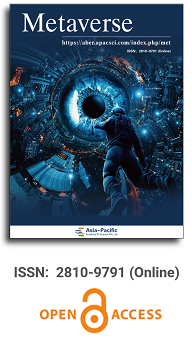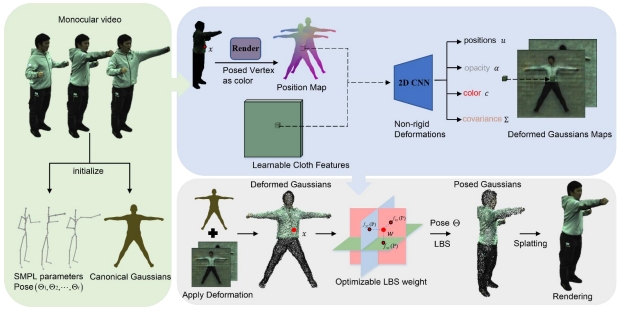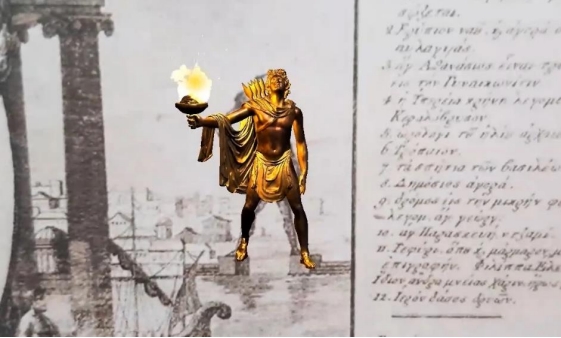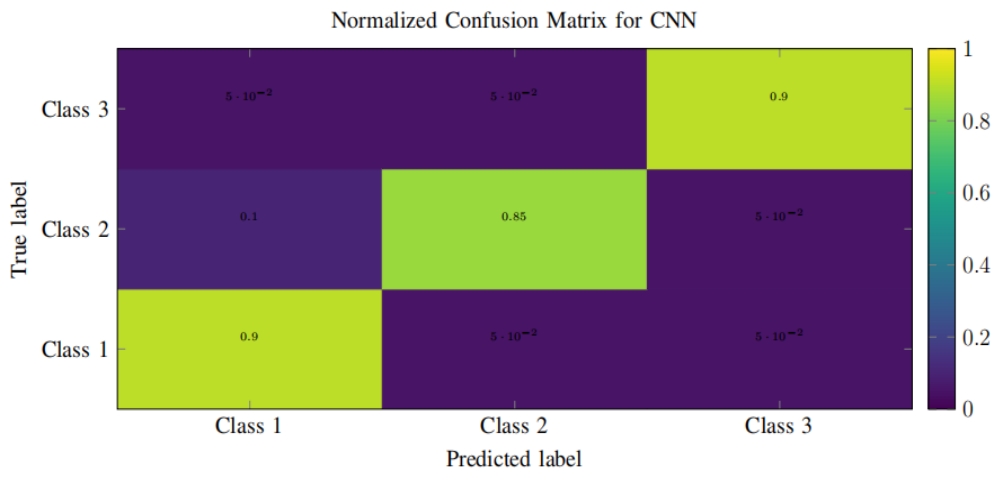
Asia Pacific Academy of Science Pte. Ltd. (APACSCI) specializes in international journal publishing. APACSCI adopts the open access publishing model and provides an important communication bridge for academic groups whose interest fields include engineering, technology, medicine, computer, mathematics, agriculture and forestry, and environment.



Metaverse to foster learning in higher education
Vol 4, Issue 1, 2023
Download PDF
Abstract
This research refers to the new information and communication technologies that have emerged in recent years and that are being used in education as a pedagogical resource. Thus, Metaverse have been applied in universities obtaining great benefits such as improving interaction and communication between students and teachers through personalized avatars regardless of the physical limitations of the real world, developing skills and abilities that encourage learning and immersion, leaving aside the traditionalist learning. The use of Metaverse in education aims to make the student the protagonist of his or her own learning and, in addition, seeks to improve collaborative learning to encourage active participation among students through the interaction of avatars within the Metaverse. As a practical alternative and an emerging trend, the tool “AltspaceVR” is proposed for higher education. The sample of this study consisted of 159 graduates between the ages of 18 and 35 who were pursuing their doctoral, bachelor’s, master’s or other studies, and 7 experts working as teachers in Spanish universities, including a doctor in educational methodologies who has been named “Professor of the Year” on several occasions. Among the main conclusions of the study we have obtained that students consider that the implementation of Metaverse in higher education will promote learning and immersion, allowing the development of pedagogical activities in a more innovative and interactive way thanks to its graphical interface. On the other hand, from the results of the survey we conclude that the teacher lacks knowledge to make adequate use of Metaverse as a pedagogical resource, using only two-dimensional and mainly verbal platforms that only generate a traditionalist and non-interactive learning.
Keywords
References
- Barrio N. Immersive learning, a new learning strategy (Spanish) [Internet]. Maracena: Revistadigital; 2016. Available from: https://www.inesem.es/revistadigital/educacion-sociedad/aprendizaje-inmersivo/#:~:text=El%20aprendizaje%20inmersivo%20hace%20referencia,pretenden%20transmitir%20a%20los%20alumnos.
- Tech A. Educational Metaverse: Uses of the new extended reality in Education (Spanish) [Internet]. GizTab; 2022. Available from: https://www.giztab.com/metaverso-educativo-usos-educacion/.
- Riascos S, Ávila G, Quintero D. Information technology in the classroom: The views of university professors. Educación y Educadores 2009; 12(3): 133–157.
- Bolívar M. How to foster meaningful learning in the classroom? (Spanish). Temas para la Educación 2009.
- Gálvez M, Gertrusdis M. Immersive communication and education (Spanish). Revista Icono 2011; 9(2): 1–4. doi: 10.7195/ri14.v9i2.487.
- Martínez A. From the smart classroom to the metaverse: The coming revolution (Spanish) [Internet]. ABC Familia; 2022. Available from: https://www.abc.es/familia/educacion/abci-aula-inteligente-metaverso-revolucion-esta-llegar-202202221338_noticia.html?ref=https%3A%2F%2Fwww.abc.es%2Ffamilia%2Feducacion%2Fabci-aula-inteligente-metaverso-revolucion-esta-llegar-202202221338_noticia.html.
- Barneche V, Milhura R, Hernández L. Formative Metaverse (Spanish). Tecnologías y Estudios de Casos. Revista de Comunicación Vivat Academia 2011; 117: 368–386. doi: 10.15178/va.2011.117E.368-386.
- Stephenson N. Snow crash. New York: Bantam Dell; 1993.
- Requena A. Metaverse and education (Spanish) [Internet]. Academia de Ciencias de la Región de Murcia; 2022. Available from: https://www.um.es/acc/metaverso-y-educacion/.
- Urbina S, Salinas J. Virtual fields: An evolutionary perspective and trends (Spanish). Revista de Educación a Distancia 2014; 42.
- Horta M. Marketing in the metaverse (Spanish) [Internet]. Rebujitomarketing; 2022. Available from: https://rebujitomarketing.com/empresas/marketing-y-metaverso.
- Ruiz S, De Matías D, Boronat B, Acevedo A. Metaverse as a teaching tool in higher education teacher training (Spanish). Relatec 2023; 22(1). doi: 10.17398/1695-288X.22.1.135.
- Bautista L. Students from the faculty of engineering of the UNAM are awarded by the DIMEI Expo for the projects they presented through the Altspace VR platform (Spanish) [Internet]. Travesía UNAM; 2020. Available from: https://travesiaunam.com/tag/plataforma-altspace-vr/.
- Cronbach, LJ. Coefficient alpha and the internal structure of tests. Psychometrika 1951; 16: 297–334. doi: 10.1007/BF02310555.
- Pearson, K. Contributions to the mathematical theory of Evolution II: Skew-variation in homogeneous material. Philosophical Transactions of the Royal Society 1948; 186: 41–112.
- Reguant M, Torrado M. The Delphi method (Spanish). REIRE, Revista d’Innovació i Recerca en Educació 2016; 9(1): 87–102. doi: 10.1344/reire2016.9.1916.
Supporting Agencies
Copyright (c) 2023 David De Matías Batalla, Ana Bueno Pedrero

This work is licensed under a Creative Commons Attribution 4.0 International License.

This site is licensed under a Creative Commons Attribution 4.0 International License (CC BY 4.0).

Prof. Zhigeng Pan
Professor, Hangzhou International Innovation Institute (H3I), Beihang University, China

Prof. Jianrong Tan
Academician, Chinese Academy of Engineering, China
Conference Time
December 15-18, 2025
Conference Venue
Hong Kong Convention and Exhibition Center (HKCEC)
...
Metaverse Scientist Forum No.3 was successfully held on April 22, 2025, from 19:00 to 20:30 (Beijing Time)...
We received the Scopus notification on April 19th, confirming that the journal has been successfully indexed by Scopus...
We are pleased to announce that we have updated the requirements for manuscript figures in the submission guidelines. Manuscripts submitted after April 15, 2025 are required to strictly adhere to the change. These updates are aimed at ensuring the highest quality of visual content in our publications and enhancing the overall readability and impact of your research. For more details, please find it in sumissions...






.jpg)
.jpg)

